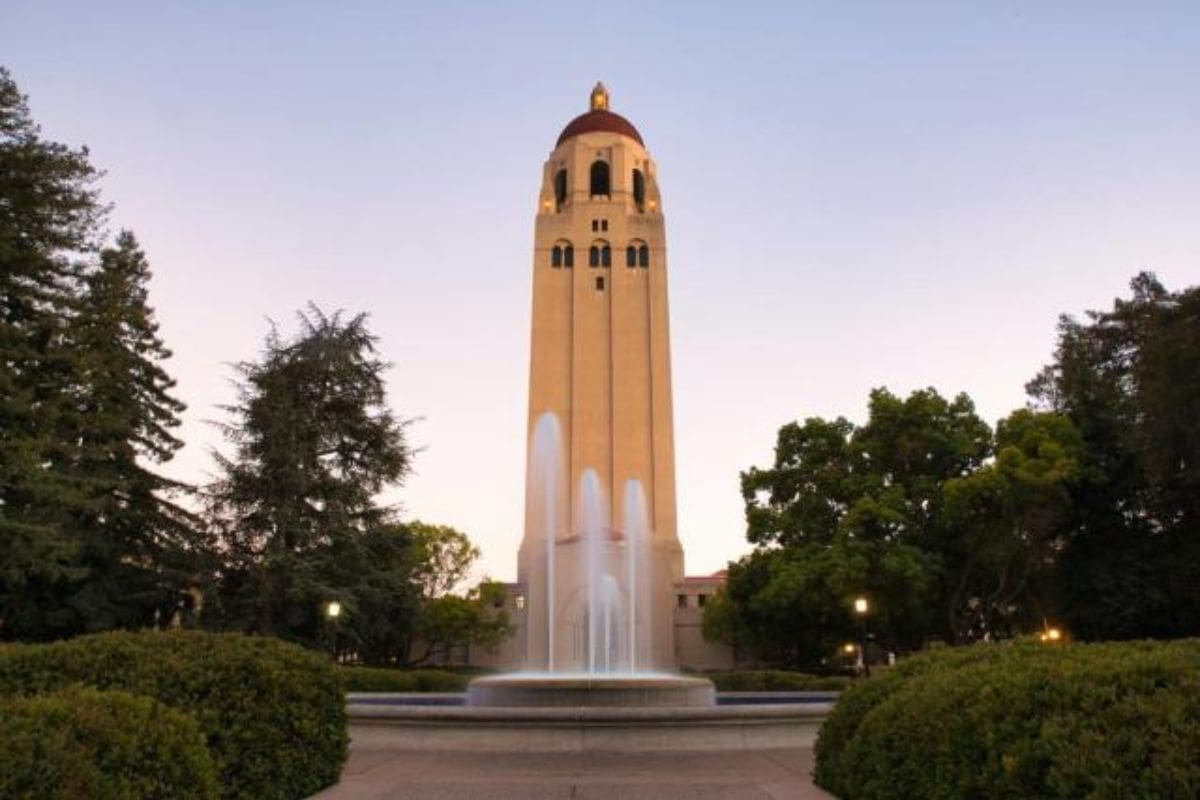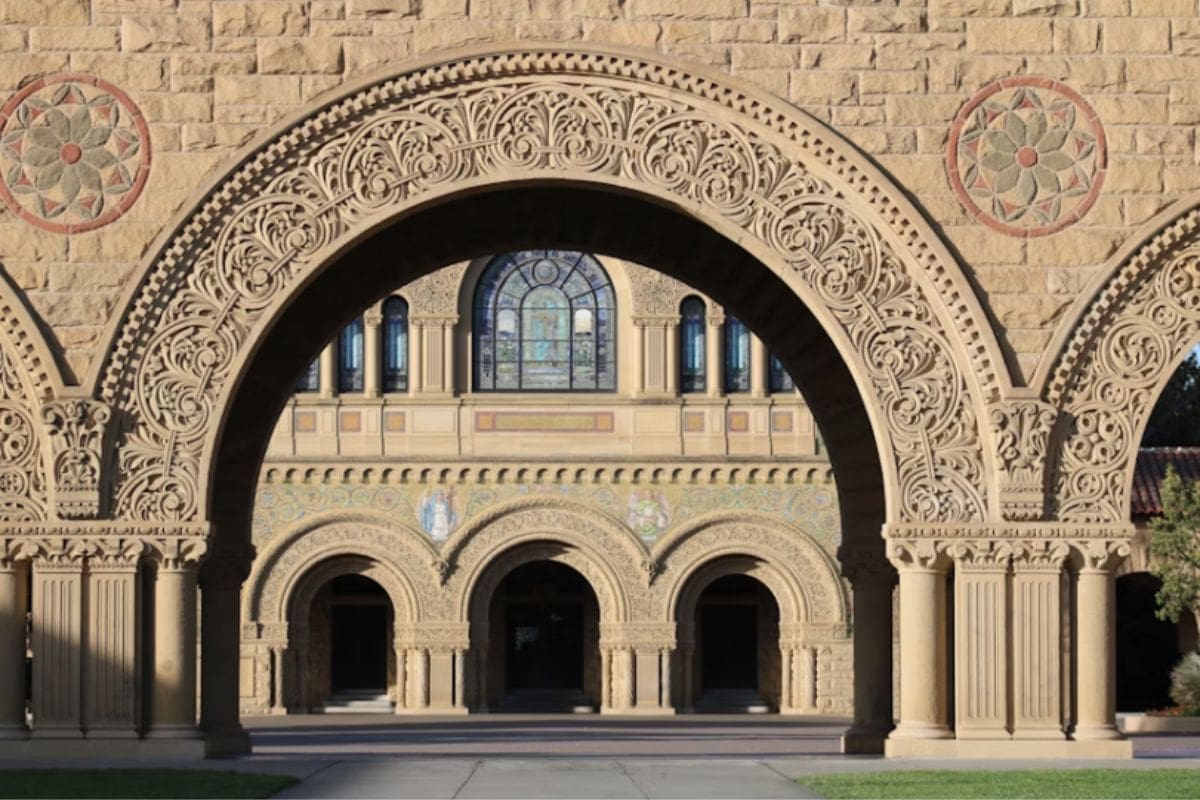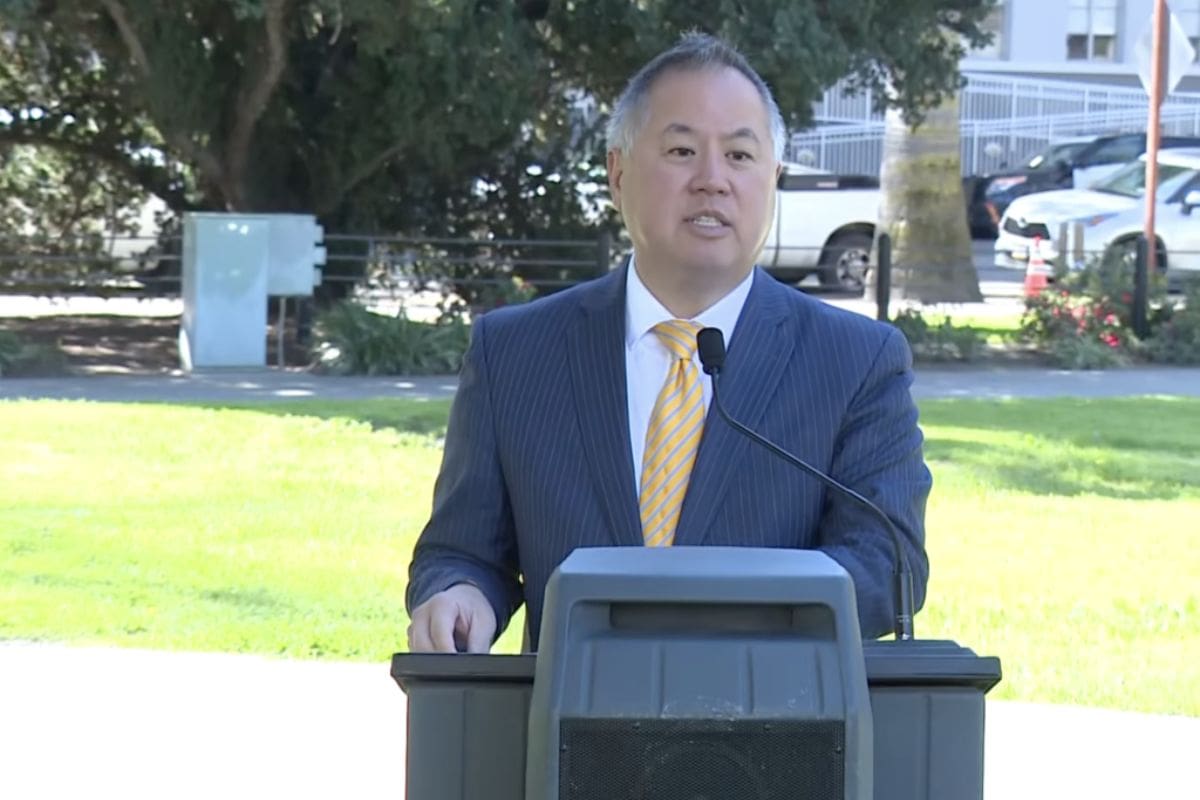California Bold Move to Eliminate Unfair Legacy: California’s recent legislative proposal to eradicate legacy admissions in universities has stirred a wave of discussions within academic circles. The move aims to address long-standing concerns about preferential treatment based on familial ties rather than merit.
As the debate unfolds, questions arise about the implications for diversity, equity, and the integrity of the admissions process. This bold step by California signals a potential shift in how universities approach admissions, challenging the status quo and prompting reflection on the role of legacy in higher education.
Introduction of New Legislation in California
The introduction of new legislation in California marks a pivotal step towards addressing the preferential treatment given to individuals with donor or alumni connections in college admissions processes. Assemblymember Phil Ting, D-San Francisco, has taken a stand against the inequality present in the current system by proposing a bill aimed at targeting colleges and universities that engage in such practices. This legislative move signifies a significant shift towards promoting fairness and meritocracy in higher education admissions.
Ting’s emphasis on tackling the issue of preferential treatment highlights the growing concern surrounding the influence of wealth and connections in college admissions. By specifically targeting the practice of granting favorable treatment to applicants with donor or alumni connections, the proposed legislation aims to create a more level playing field for all students seeking admission to California’s colleges and universities.
The introduction of this new legislation reflects a broader push for transparency and accountability in the higher education sector, signaling a potential shift towards a more equitable and merit-based admissions process in the state.
Legacy Admissions and the Controversy Surrounding Them
Amidst the ongoing debate over college admissions practices, the issue of legacy admissions has emerged as a focal point of controversy and scrutiny. Legacy admissions refer to the practice of giving preferential treatment to applicants who have familial connections to alumni or donors, often regardless of their academic merit.
Here are three key aspects surrounding the controversy of legacy admissions:
- Inequality and Lack of Meritocracy: Critics argue that legacy admissions perpetuate inequality by providing an unfair advantage to students based solely on their family connections rather than their own abilities and accomplishments. This undermines the principles of meritocracy and equal opportunity in higher education.
- Impact on Diversity: Legacy admissions have been criticized for hindering efforts to promote diversity and inclusivity on college campuses. By prioritizing applicants with familial ties to the institution, universities may be overlooking qualified candidates from underrepresented backgrounds.
- Transparency and Accountability: The lack of transparency in legacy admissions processes has raised concerns about accountability and fairness. Without clear guidelines and oversight, there is a risk of nepotism and favoritism influencing admissions decisions, further eroding public trust in the university’s integrity.
Legislative Response to Recent Events
With the recent U.S. Supreme Court ruling impacting race considerations in college admissions, Assemblymember Ting’s introduction of AB-1780 in California marks a significant legislative response aimed at addressing longstanding issues in higher education admissions practices.
This bill comes in the wake of the Supreme Court’s decision to prohibit the use of race as a factor in college admissions, prompting California to reevaluate its affirmative action policies. AB-1780 represents a strategic move towards creating a fairer and more equitable admissions system by eliminating legacy admissions and prioritizing merit-based selection criteria.
By proposing this legislation, Assemblymember Ting seeks to level the playing field for all students, irrespective of their familial connections or historical privileges. AB-1780 not only reflects a response to the recent legal developments but also underscores California’s commitment to fostering a more inclusive and diverse educational environment.
As the state grapples with the implications of legacy admissions and strives for a more just system, AB-1780 stands out as a progressive step towards reforming higher education admissions practices.
Closing the Door on Privilege-Based Admissions
In the landscape of higher education reform, the push to eradicate privilege-based admissions practices is gaining momentum with Assembly member Kevin McCarty’s introduction of AB-1780 in California. The bill, jointly authored by McCarty, specifically targets legacy admissions, a system deeply entrenched in privilege and wealth that disadvantages non-legacy applicants.
Here are three key points to consider in the quest to close the door on privilege-based admissions:
- Equity in Access: Legacy admissions perpetuate inequality by granting preferential treatment to applicants based on familial connections rather than merit or qualifications, hindering equal access to educational opportunities.
- Meritocratic Principles: AB-1780 aligns with the foundational principles of meritocracy, advocating for a fair and transparent admissions process where candidates are evaluated based on their individual achievements and capabilities, rather than their family background.
- Legislative Impact: If passed into law, this legislation could signal a significant shift towards a more equitable and just higher education system, challenging long-standing traditions that have perpetuated privilege and exclusivity in university admissions.
Also Read: Building Leaders in Robotic Engineering California Teacher of the Year Leads the Way
News In Brief
California Sparks Academic Debate with Bold Move Against Legacy Admissions. California’s proposed legislation, led by Assembly member Phil Ting, aims to dismantle preferential treatment based on family connections in university admissions. Ting’s bill, AB-1780, addresses concerns about inequality and promotes meritocracy. Legacy admissions, criticized for perpetuating privilege and hindering diversity, are under scrutiny. Ting’s response to recent legal shifts, including the Supreme Court ruling on race considerations, positions California as a pioneer in reforming higher education admissions. Jointly authored by Assembly member Kevin McCarty, the bill challenges the status quo, advocating for equity, merit-based principles, and potential legislative impact. A progressive step toward a fairer education system, AB-1780 signals a broader push for reform in California’s higher education landscape.




